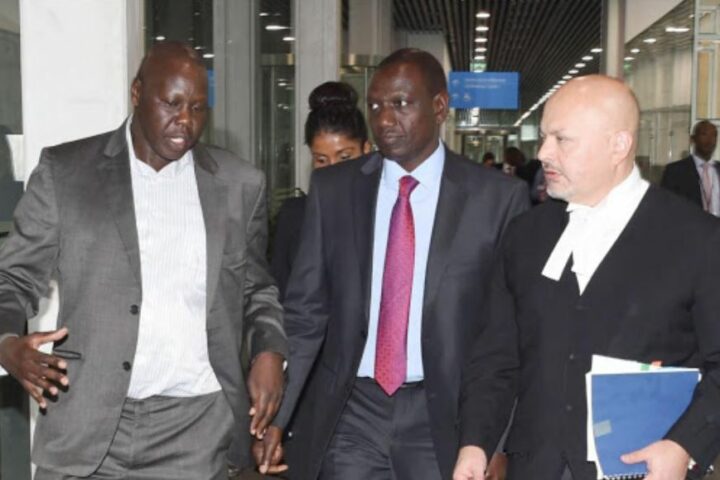
The operation, named Operation Serengeti, was led by the International Criminal Police Organization (Interpol) in partnership with Afripol. Interpol identified Kenya as one of 19 African countries with high levels of cybercrime activity.
In a statement, Interpol revealed that the operation uncovered a massive fraud case involving the theft of USD 8.6 million (about Ksh 1.1 billion). The funds were stolen through fraudulent scripts that altered banking system security protocols. The criminals then redistributed the money via SWIFT, moving it to companies in the UAE, Nigeria, and China, before it reached digital asset institutions.
SWIFT codes are essential in this context as they facilitate secure communication and money transfers between financial institutions.
“From multi-level marketing scams to credit card fraud on an industrial scale, the increasing volume and sophistication of cybercrime attacks is of serious concern,” said Valdecy Urquiza, the secretary general of Interpol.
The operation ran from September 2 to October 31, 2024, leading to the arrest of 1,006 suspects across Africa.
Authorities dismantled 134,089 malicious networks connected to cybercrime and identified 35,000 global victims. The total losses linked to the crimes amounted to USD 193 million (over Ksh 25 billion).
The 19 countries involved in the operation were: Algeria, Angola, Benin, Cameroon, Côte d’Ivoire, Democratic Republic of the Congo, Gabon, Ghana, Kenya, Mauritius, Mozambique, Nigeria, Rwanda, Senegal, South Africa, Tanzania, Tunisia, Zambia, and Zimbabwe.
Private sector partners, including Internet Service Providers (ISPs), played a crucial role in sharing intelligence and supporting analysis. They assisted with patching vulnerabilities and securing critical infrastructure.
Operation Serengeti received funding from the UK’s Foreign, Commonwealth, and Development Office, the German Federal Foreign Office, and the Council of Europe.








